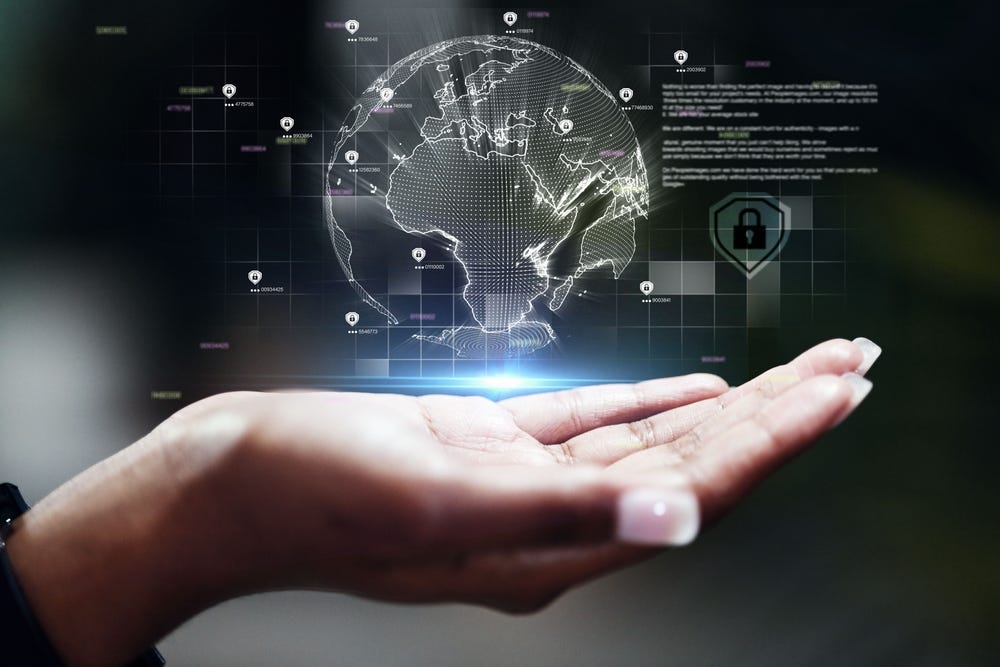As Cassava Expands Africa’s AI Access, Unregulated Data Use and Labor Abuses Cast a Long Shadow
African-based digital services company Cassava Technologies announced a new platform designed to give African mobile network operators a single interface that accesses AI systems.
Announced in a press release, the service, titled CAIMEx, provides systems from Google, OpenAI and Anthropic. CAIMEx reportedly lets operators choose which tools they need to complete a task, supporting both simple and complex application processes. The service will be regularly updated to account for new models.
Although the overall Cassava Technologies company operates across Africa, the Middle East, the U.S., Europe and Latin America, CAIMEx operates in African AI factories. By doing so, the company is attempting to keep data within Africa while also adhering to national rules and providing operators with consistent access to the service. Cassava Technologies previously dedicated $720 million to create the African AI Factory, working alongside U.S. tech company Nvidia to do so.
“With its growing AI ecosystem, Africa has the potential to be more than a consumer of AI technologies imported to the continent,” said CEO Ahmed El Beheiry in a press release. “Through CAIMEx, Cassava is creating a bridge between global innovation and African ambition, giving every MNO the ability to offer subscribers world-class AI tools and LLMs easily and affordably.”
The latest announcement comes as AI continues to develop in Africa. According to the Carnegie Endowment, AI can increase Africa's economy from $2.9 billion to $4.8 billion. Countries on the continent have previously expressed a desire to leverage African talent to develop AI. In Togo, in particular, the government announced plans this year to train 50,000 people in AI skills. Another 50,000 are expected to be trained in each of the forthcoming years.
With the development of AI, however, the continent runs into the possibility of several risks. According to the United Nations, citizens have expressed concerns about the regulation of AI and mass unemployment.
As of now, only 36 of 54 African countries have formal laws to protect data fed into AI systems. As for the unemployment rate, the youth unemployment rate in Africa currently stands close to 8.9%. Citizens have expressed a fear that, as AI develops, it could be exacerbated as more employees would be displaced.
AI has also been linked to negative environmental impacts. Data centers that power AI servers consume large amounts of water, a resource that is scarce worldwide. AI is also driven by minerals and other elements, including silicon and cobalt. In places such as the Democratic Republic of Congo, cobalt is sourced using child labor and unsafe practices. Per the United States Department of Labor, overall, 78% of cobalt workers are exposed to forced labor. About two-thirds of the workers also reported that their children work alongside them at work sites. All employees are exposed to dangerous fumes without proper protective equipment and are required to operate heavy machinery.
AI has also been linked to higher electricity use, generating higher greenhouse gas emissions. Carbon dioxide is one of the biggest contributors, accounting for 64% of Earth’s warming.



